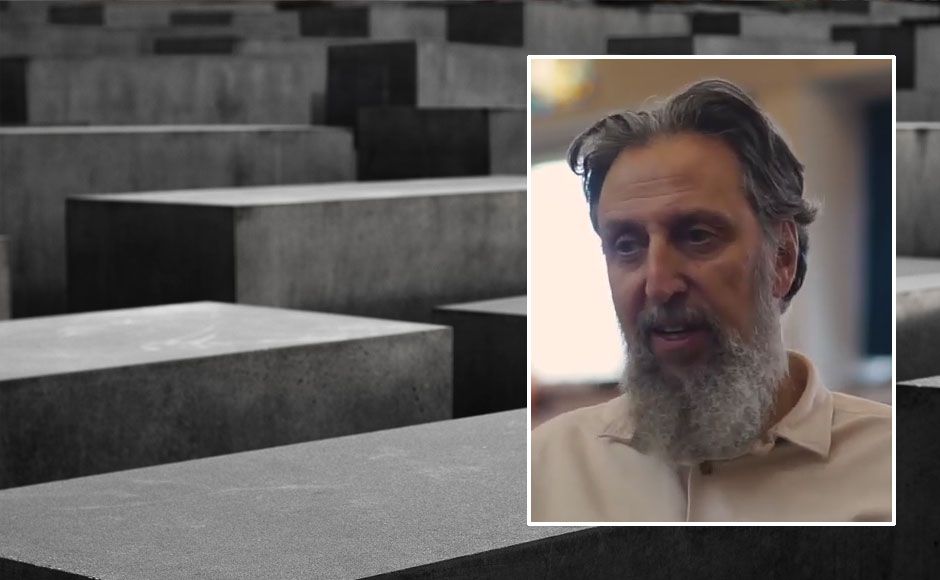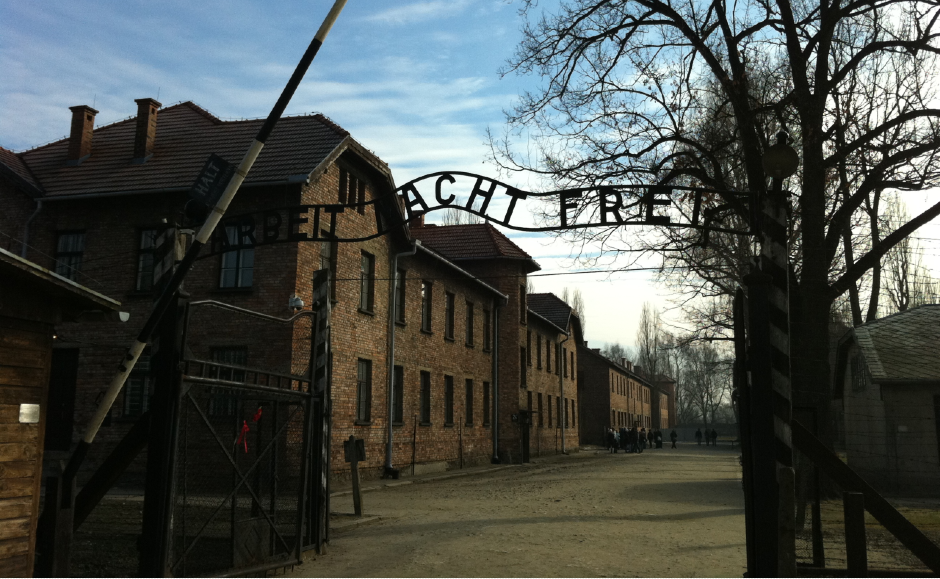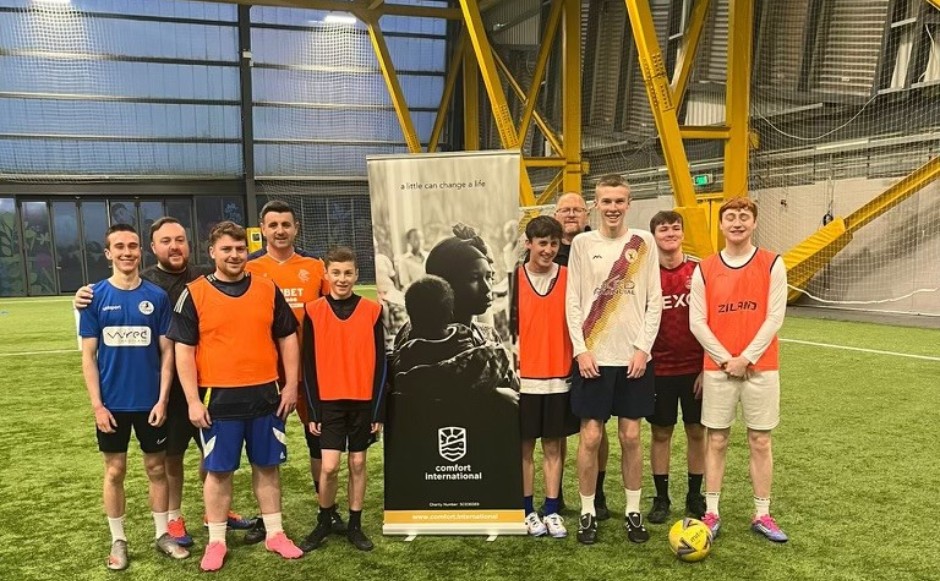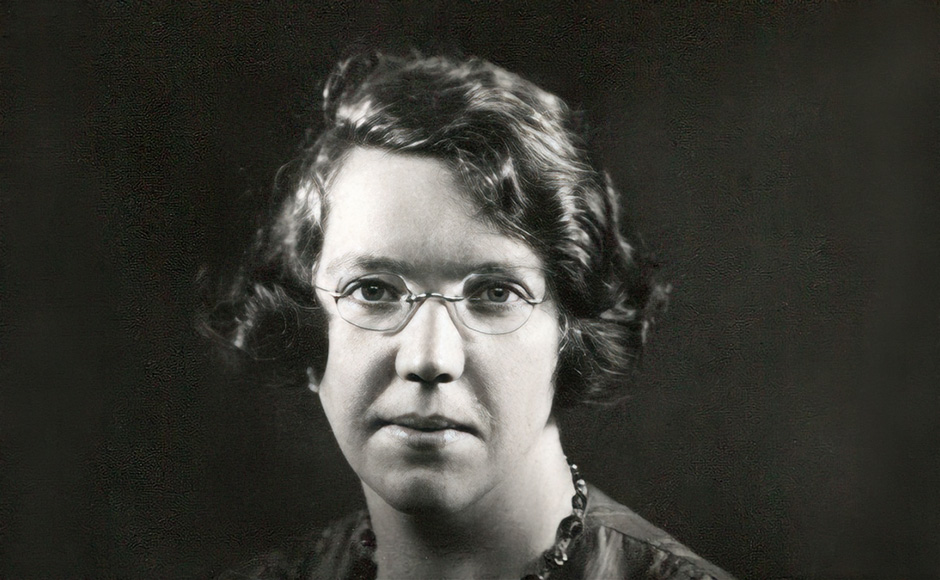A Reflection for Holocaust Memorial Day
Published on 27 January 2022
Today, 27 January 2022, we join with people across the world to remember and honour the millions of people murdered in the Holocaust under Nazi persecution, and in the genocides which followed in Cambodia, Rwanda, Bosnia, and Darfur. Ephraim Borowski, Director of the Scottish Council of Jewish Communities, has written this reflection to help us mark this day.

Please forgive me for stating the obvious: Holocaust Memorial Day is not a Jewish event. It is not even an event about Jews. It recalls events in which Jewish people participated, but only as the most numerous of the victims, so it is appropriate that that Jewish Community's voice be heard. It recalls and honours the other victims too, not only of the Nazi terror, but of subsequent genocides in Rwanda, Bosnia, Cambodia, and Darfur. It is a national, secular, event marking the lowest level of degradation to which humanity – if that is not an ironic term in this context – can stoop, and has stooped.
I said that is obvious, and it is to me, but I must admit that it is not so to all. It would seem to be less than obvious to those politicians, church-people, public figures, who respond to questions about Jewish people and the Jewish Community by referring to the Holocaust. "How do you help and protect your local Jewish Community" is too often answered by saying that our local authority, church, or school marks Holocaust Memorial Day. In the forceful words of a recent book title, People Love Dead Jews – "living Jews not so much", the author adds.
Lest I be misunderstood, of course I welcome the annual commemorative event usually attended by the First Minister, the Scottish Government's commitment to Holocaust education and in particular the "Lessons from Auschwitz" project, the hundreds of local events in schools and at war memorials around the country. But I do not want the Jewish Community to be seen only through that prism.
If there is one person who personifies the Holocaust for many children, it is Anne Frank, whose family home in Amsterdam has become a place of pigrimage. Occasionally it is attacked, defaced, and desecrated by the Holocaust deniers and apologists who still move amongst us. But what chilled me more was when I learned two years ago that this shrine to the victims of the Nazis had banned one of their own staff from wearing a kippah because it was "provocative". That incident was the trigger for the book – the very same "People Love Dead Jews, [but] living Jews not so much".
Last week, the United Nations adopted a resolution almost unanimously – with only Iran dissenting – rejecting and condemning Holocaust denial, distortion, and minimisation. That last is important – Holocaust denial is not just the preposterous claim that the gas chambers didn't exist; it is the systematic equation of the Holocaust with other events, from vaccine mandates to regional conflicts to the fur trade. That is not to ignore or forget the other genocides in history, or the other moral challenges of this imperfect world, or to make little of the suffering of others. It is simply to reaffirm the self-evident truth of the unique evil that stalked Europe within the span of human memory. Holocaust analogies belittle the scale of the horrors, and so dishonour the victims and the diminishing remnant of survivors and their rescuers.
Many of us will recall the debate about whether to call this Holocaust Memorial Day or Genocide Memorial Day. The decision to focus on the unique horror of the Holocaust highlights the extreme to which irrational hatred can lead. Other massacres, from the Incas to the Uyghurs, via Rwanda and Bosnia, were part of territorial wars or tribal conflicts; they had an ostensible pretext though of course not a justification, but never before or since has the power of the state driven the effort to eradicate an entire people out of pure hatred. It is this conjunction of ideology, government planning and control, popular acquiescence and participation, and the industrialisation of the killing itself that makes the Holocaust unique.
But there were more than victims and perpetrators; we must remember and honour the many thousands who did whatever they could to save even a single life, often at the cost of their own. We honour them, as the Talmud says, because "whoever saves one life is as if they saved the whole world". Who knows what passed through their minds as they stood up to the murderers? Perhaps it was the tenets of their faith; perhaps their political beliefs; perhaps Pastor Niemöller's rhetorical question, "Who will be left to speak up for me?"; perhaps a simple surge of fellow-feeling. We are fortunate that there are still those who can tell us, but they, like the survivors of that hell on earth are a dwindling band.
We are fortunate to live in a society that officially welcomes and embraces diversity. Of course it is far from perfect, and we must remain alert to increasing manifestations of antisemitism, xenophobia, racial and religious hatred, and contempt and abuse of anyone who is different. As many have said, the Holocaust did not begin with the gas chambers; it began with the graffiti and the name-calling and the broken windows. And by that measure the contagion is already spreading, and we are in danger of waking to discover yet again that, as Hegel put it, "what we learn from history is that we never learn from history".
So let's not make the same mistakes again – antisemitism is not just a problem for the Jewish Community, just as islamophobia is not just a problem for Muslims. Hatred of the other is a problem for all of society. So let's mark this Holocaust Memorial Day with a resolution: to be vigilant, truly to embrace diversity, and to take a stand against all forms of hatred.
Learn more about the Scottish Council of Jewish Communities


